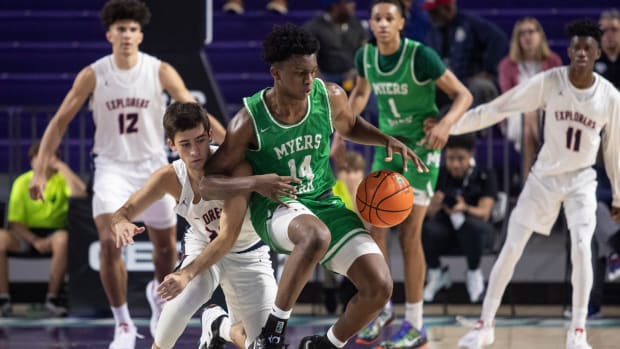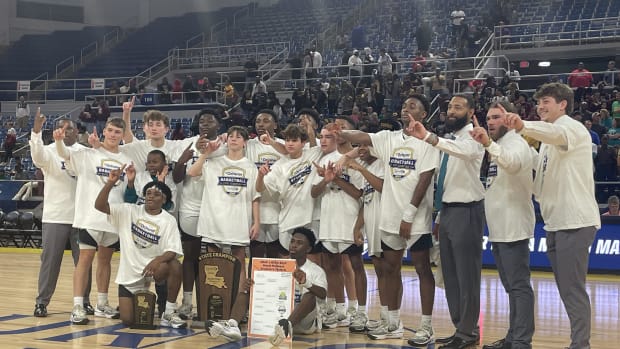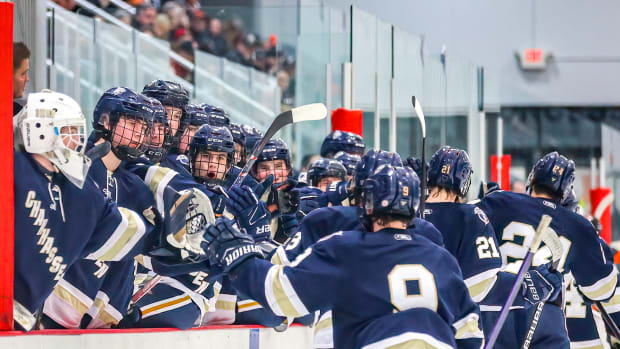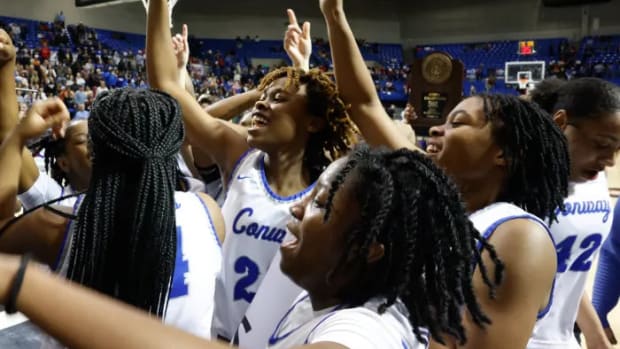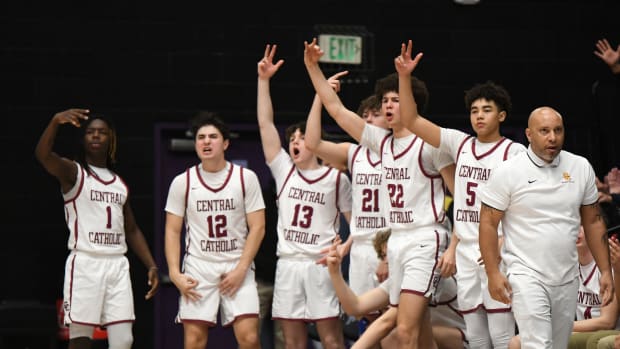Reflection: Remembering Jerome Brown 30 years after his death
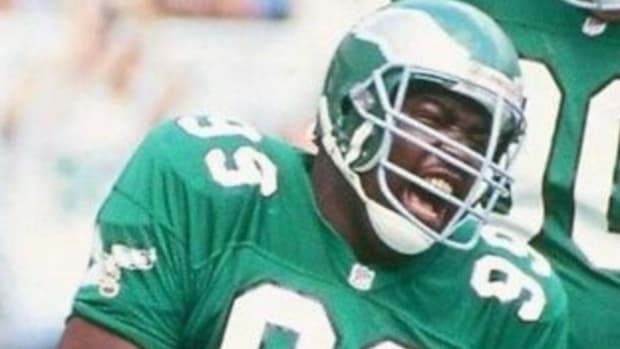
BROOKSVILLE, FL – A little more than 30 years ago, I tackled Jerome Brown from behind.
The All-Pro defensive tackle for the Philadelphia Eagles was trying to make a quiet exit from the inaugural Jerome Brown Football Camp in his hometown of Brooksville, FL, an hour north of Tampa. It was one of the few times in his life that Brown was quiet.
He was fleeing the comfort of Hernando High School’s Tom Fisher Stadium, where he had first drawn national attention in the early 1980s with ability that was out of this world. He went on to become known as being bold, brash and sometimes combative with the Philadelphia media and his time at the University of Miami was best remembered for the Arizona night when he led the Hurricanes (dressed in military fatigues) out of what was supposed to be a friendly dinner with the Penn State players.
I was a rookie reporter for The Tampa Tribune and was more than a little intimidated as I approached him in the parking lot and introduced myself. Brown already had signed autographs for the kids and been through a session with the Philadelphia media that wasn’t exactly warm and fuzzy.
It was obvious all Brown wanted to do was get home to the mansion he had built for his parents (Annie Belle and Willie) just north of town and spend the day with family and friends.
Expecting the worst, I got the best of Brown. He grudgingly said “get in’’ and we drove to a nearby apartment complex where we were out of public view. I came at Brown from a different angle. I asked questions about his deep love for Brooksville, a town where Brown might have been the only person who could fit in any circle.
We talked for five or 10 minutes and, then, Brown politely told me to get out of his truck and walk back to the stadium because he wasn’t going back to the circus he created. We shook hands and I departed.
I never saw Brown again.
On June 25, 1992, Brown pulled his Corvette out of a Brooksville Chevrolet dealership at a high rate of speed. It had rained a few minutes earlier and the road was wet. Brown lost control of his car. It went airborne and crashed into a tree.
Brown and his 12-year-old nephew, Gus Brown, were killed instantly and hearts were broken in Brooksville and Philadelphia. The Eagles never quite became the dynasty that so many predicted. Brooksville, has made great strides, but they had to come without the one man who single-handedly could erase racial divides.
To fully understand that, you have to go back a few years before Brown’s death. Back to 1988.
Hernando County sheriff Ed Tincher, a small-town sheriff with a deep understanding of his community got wind that the Ku Klux Klan was planning a rally in front of the Hernando County Courthouse. Tincher approached Brown, relayed the information and asked for a favor.
The conversation was between Tincher and Brown, but you don’t need to be an expert in reading lips for Brown’s response.
It was something like, “Don’t worry. I’ve got this one.’’
That’s just the beginning of the story on how the defensive tackle sacked the KKK. Brown went to Tampa and had the most expensive and loudest stereo system and speakers he could find in his truck.
As the rally began, KKK members were hurling racial slurs. Then, the ground started shaking as Brown pulled up with his speakers at full blast. As he got out of the truck, Brown carried a “Go Away KKK’’ sign. As the 290 pounder got closer, the KKK members ran away.
The KKK story and Brown’s camp, which included a charity basketball game where members of the Eagles squared off against members of the Tampa Bay Buccaneers, drew the headlines locally. But there were other indicators of how deeply Brown cared about Brooksville and Hernando High, a longtime power in Florida football and baseball.
There was that time when Hernando football coach Mike Imhoff was trying to upgrade an antiquated weight room. Brown took part in a fundraiser and, later, slipped Imhoff some cash to make sure the job was done right. He frequently donated money to other Hernando High sports programs and causes around Brooksville.
On the morning after his camp, Brown had Philadelphia defensive end Reggie White, an ordained minister, speak to the congregation of the church he grew up attending in South Brooksville. Another reporter and I were the only two White people in the church. White’s message was all about peace, love and racial harmony.
I saw White again at the funeral for Brown and his nephew. The service started on a scorching-hot morning at the Brooksville United Methodist Church, almost next door to the Hernando County Courthouse. At a burial service at a cemetery just south of town, members of the Eagles took off their ties and put them on the top of Brown’s casket. It was a symbolic gesture because Brown refused to wear a tie when the Eagles traveled.
Thirty years later, I still remember the headline on my story from the funeral: “Jerome was the heart and soul of it all.’’
That quote came from White, who, like Brown, died way too soon.
That quote has stood the test of time. It still shows how much Brown meant to the Eagles, to Hernando High and to Brooksville.

